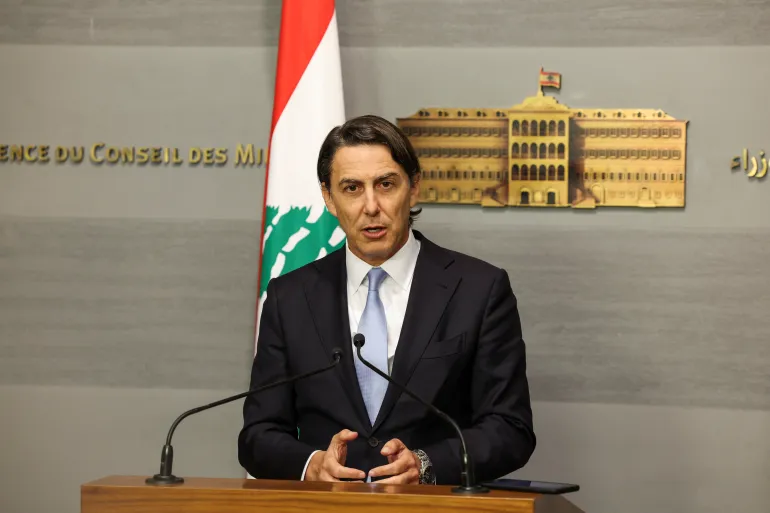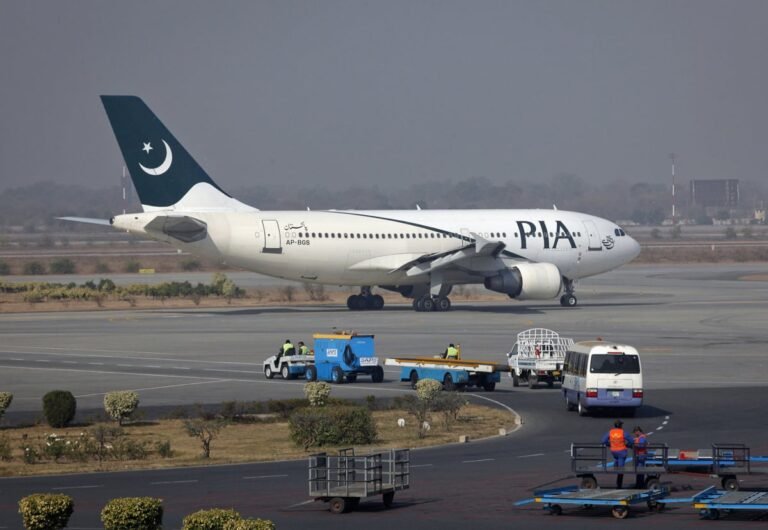
US Envoy Confirms Complete Withdrawal of Israeli Army from South Lebanon
US Envoy Confirms Complete Withdrawal of Israeli Army from South Lebanon
US envoy Amos Hochstein said that the Israeli forces would leave south Lebanon for good, even though there have been rumors that Israel plans to stay in the country permanently. When Hochstein spoke on Monday, Israel was pulling its troops out of Naqoura, which is in the western part of the border. The Lebanese army was then moving into the area.
Hochstein told reporters in Beirut, “The Israeli military started pulling out of Naqoura today, most of the western sector, and back into Israel proper, south of the Blue Line.” The Blue Line is the unofficial border between Israel and Lebanon.”These pullouts will keep happening until all Israeli troops are out of Lebanon for good.”The US source did not give a time frame for Israel’s withdrawal.
Israel and Hezbollah agreed to stop fighting in November. As part of that deal, Israeli troops must leave Lebanon within 60 days, on January 26. Najib Mikati, the prime minister of Lebanon, said in a statement after meeting with Hochstein on Monday that putting off Israel’s departure from Lebanon is “strongly rejected.”It was brought up again last week by the UN that Israel should leave Lebanon “timeously.”
Despite the ceasefire, the Israeli military has been attacking Lebanon almost every day. These attacks include airstrikes across the country, gains on the ground, and destroying homes in areas it controls. Israel says it is following through on the deal, which says Hezbollah must pull its forces north of the Litani River, which is about 19 miles (30 km) from the Israeli border.
Hezbollah hasn’t attacked since the deal went into effect, even though Israel has been attacking. The only time they did so was last month when they launched a “warning attack” against an Israeli base. Officials from Hezbollah have said that they are giving the Lebanese government time to deal with Israel’s violations through diplomatic means and the “mechanism” led by the US to keep an eye on the agreement. But Naim Qassem, the leader of Hezbollah, said on Saturday that the group might not be able to wait another 60 days. In a TV speech, Qassem said, “When we decide to do something, you will see it right away.”
After the 15-month war in Gaza started, Hezbollah began attacking Israeli military positions. The group said this was part of a strategy to put pressure on Israel to stop attacking the besieged area. There had been low-level fighting across the border for almost a year before Israel went to war with Lebanon. The war killed thousands of people and destroyed significant parts of the country. Israel hit Hezbollah hard during its attack, killing many of its top military and political leaders, including Hassan Nasrallah, the group’s powerful boss.
The Israeli army also said it had destroyed most of the group’s rockets. Hezbollah, on the other hand, said it won the war by stopping Israel’s ground advances and doing a lot of damage to the invading troops. During the whole war, the Lebanese group kept firing rockets and drones at Israel. David Katz, the Israeli defense minister, said on Sunday that the country would be “forced to act” if Hezbollah did not leave the border.
But Hochstein says he thinks the shaky ceasefire is still in place. It’s not easy, but the process is going well, he said on Monday. The Lebanese army stated earlier on Monday that it would be in Naqoura. Still, the municipality told people not to go back to the town until the authorities gave the all-clear after clearing the roads of unexploded ordnance.







1 thought on “US Envoy Confirms Complete Withdrawal of Israeli Army from South Lebanon”